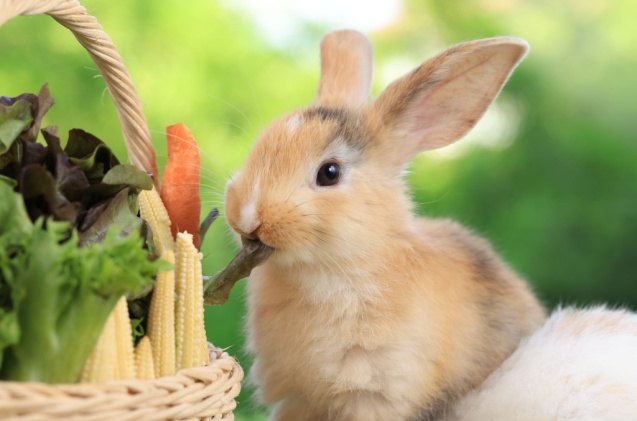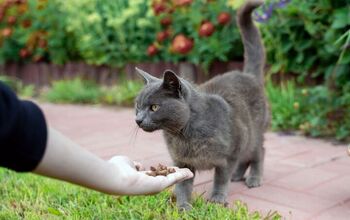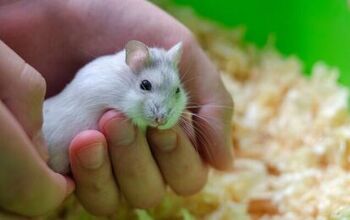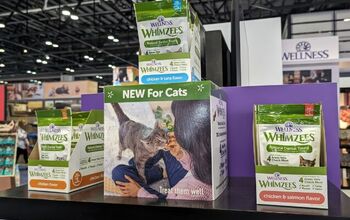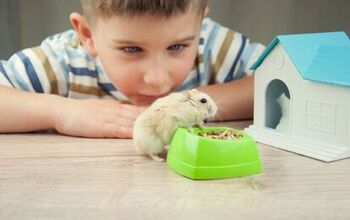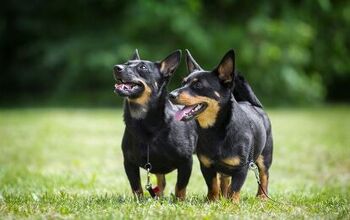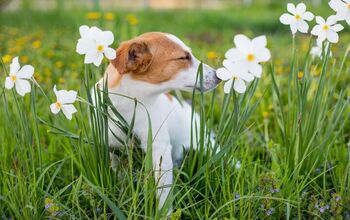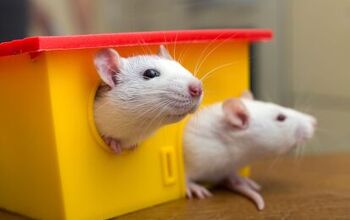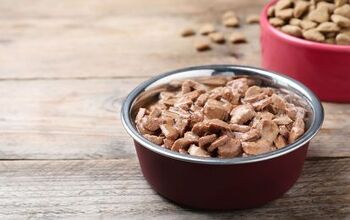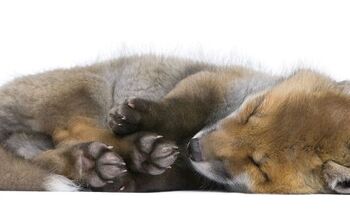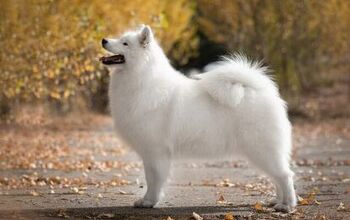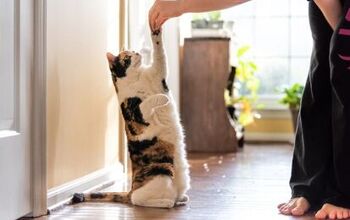10 Foods You Didn’t Know Could Harm Your Bunny

As a rabbit owner, it’s up to you to ensure your pet has a healthy, well-balanced diet that will meet all their dietary needs. In the case of rabbits, it’s fairly simple – they need unlimited amounts of grass hay such as timothy hay, and a selection of veggies with an occasional fruit treat. It’s clear that bunnies are herbivores, but that doesn’t mean that all plant-based foods are safe for them to eat! In fact, there is a range of different foods that you should never give to your rabbit, as the results could range from gastrointestinal upset to even death. Take a look at our list of 10 foods that are dangerous, toxic, or simply bad for bunnies to eat – and make sure you steer clear of them when picking out your pet’s next meal!
Iceberg Lettuce
This might come as a surprise but rabbits shouldn’t eat iceberg lettuce! Even though leafy greens are very much welcome to any bunny’s meal plan, iceberg lettuce doesn’t – it contains lactucarium, a chemical with an opiate-like effect that can be very dangerous to rabbits if ingested in large quantities. To boot, iceberg lettuce is very poor in nutrients, so it wouldn't contribute to your pet’s diet in the first place.
Grains
While grains aren’t technically toxic or dangerous for rabbits – in fact, production rabbits are fed grain feed – you shouldn’t give any grains or grain-based products to your pet. It can lead to nutritional imbalance and obesity, which is the last thing you want for your bunny. Naturally, it goes without saying that any processed foods made from grains, such as crackers, bread, or pastries are an absolute no-no for rabbits.
Beans
We all know that beans are not the gentlest on one’s digestive system – and these effects are only more severe for rabbits than humans. Any type of beans, raw or cooked, shouldn’t be fed to rabbits as it can seriously disrupt their digestion, cause gassiness, bloating, and issues with the gastrointestinal tract in general, which is a big problem for bunnies.
Avocado
Believe it or not, avocados are one of the most dangerous foods you could give to your rabbit! The reason for this is a substance called persin, which avocado contains in abundance in its skin, meat, and pit – and that compound just so happens to be highly toxic to rabbits. Even if they eat small amounts of avocado, the persin in it could cause breathing issues, and eventually heart failure.
Onions or Garlic
To be more precise, rabbits shouldn’t eat any allium-type vegetable, which includes onions, leeks, garlic, chives, and shallots. These veggies contain an oxidant called n-propyl disulfide which causes hemolytic anemia in rabbits – in other words, the loss of red blood cells. Symptoms of hemolytic anemia include pale gums, dizziness, lethargy, and loss of appetite, to name a few. If left untreated, this condition can be fatal!
Potatoes
Whether raw or cooked, potatoes are definitely not the right type of food for your bunny! As a food high in starch, potatoes are extremely difficult to digest for a rabbit, and as such can cause gastrointestinal upset. Furthermore, raw potatoes contain a substance called solanine, which can cause lethargy, loss of appetite, and abdominal pain. And, if you were wondering about the rest of the potato plant – leaves, vines, and flowers of the potato plant are quite poisonous to rabbits, so it’s best to steer clear of everything potato-related to stay on the safe side.
Mushrooms
Nope, it’s not (just) wild, mysterious-looking mushrooms that can be poisonous – all mushrooms are potentially toxic to rabbits. The reason for this is mycotoxins, which are commonly found in mushrooms (both wild and cultivated), that are poisonous to rabbits. While mushrooms from the supermarket probably won’t be deadly to your bunny, they can still irritate their tummy and cause GI upset.
Fruit Seeds or Pits
When offering some fruit as a treat to your pet bunny, be sure to remove all pits and seeds from it, as many contain cyanide. Of course, you don’t want to risk toxicity by feeding your bunny seeds and pits of these fruits, even if the quantities are small – the best known examples of cyanide in seeds are apple and pear seeds, but you can also find it in apricot, peach, mango, cherry, and plum pits.
Rhubarb
While you might love it in desserts, rhubarb is one of those plant-based foods that shouldn’t be a part of your pet’s diet. It contains large amounts of oxalic acid, which, if consumed in bigger quantities can cause bloating, swollen mouth, diarrhea, and lethargy. Oxalic acid also interferes with calcium absorption, so if you have rhubarb in your garden or leftovers in the kitchen – don’t feed it to your bunny!
Nuts
Nuts are not poisonous or toxic per se, but they don’t make a particularly good choice of food for rabbits, either – even though your bunny would undoubtedly enjoy nibbling on some. Not only that nuts can be a choking hazard for your pet, but they are also very high in fats, which is not compatible with a rabbit’s digestive system. As herbivores, they have a low-fat diet, and too much fatty foods (such as nuts) in their diet can cause serious digestive issues.
In the end, it is important to mention that foods such as meat, dairy, processed human foods, sweets, chocolate, and so on are out of question, too – you should never feed your rabbit anything from your plate. Stick to approved veggies and fruits and you can rest assured that your bunny will stay happy and healthy!

A proud mama to seven dogs and ten cats, Angela spends her days writing for her fellow pet parents and pampering her furballs, all of whom are rescues. When she's not gushing over her adorable cats or playing with her dogs, she can be found curled up with a good fantasy book.
More by Angela Vuckovic



